Doctor Who’s recent intertwining with two of the United Kingdom’s most iconic televised events has proven that risk can sometimes be the key to resonating with a nation’s cultural heartbeat.
Few TV shows encapsulate the spirit of British creativity and endurance quite like Doctor Who. For over six decades, this beloved sci-fi series has weathered changes in cast, style, and storytelling, always managing to capture the imagination of UK audiences. But even for a show as storied as Doctor Who, innovation is necessary—and sometimes, it’s a gamble.
This year, showrunner Russell T Davies took a particularly bold leap by orchestrating an episode titled “The Interstellar Song Contest”—a clear homage to the UK’s annual Eurovision Song Contest, a spectacle watched by millions across Europe and a staple of British viewing tradition. Rather than just crafting a narrative tribute, Davies and the production team engineered a scheduling masterstroke: airing the episode on BBC1 on the very same day as Eurovision.
To amplify the potential impact, Doctor Who was scheduled directly after another massive UK event, the FA Cup final. This strategic placement was a double-edged sword: football fans are among the UK’s most dedicated viewers, potentially boosting initial Doctor Who viewership. However, there was also scheduling risk—if the FA Cup extended into extra time or penalties, Doctor Who could have been pushed back or even bumped off entirely. Eurovision’s live broadcast left no room for rescheduling, putting the show’s exposure and continuity at real risk.
Despite these challenges, everything fell into place. The episode aired as planned and the strategy paid off handsomely. According to BARB (the UK’s official TV ratings organization), “The Interstellar Song Contest” became the season’s highest viewed episode, excluding Christmas specials, with an audience of 3,754,000 across traditional and streaming platforms. It ranked as the ninth most-watched programme in the UK for the week of May 12 to May 18—a testament to the power of clever scheduling and national event synergy.
Strategic Scheduling: Doctor Who's Eurovision Gamble
Yet, this high wasn’t universal across the series. Other episodes saw varied results, with some reporting historically low viewership since the 2005 revival. Despite critical praise for Ncuti Gatwa’s performance as the Doctor and strong writing, fluctuating audience numbers have fueled speculation about the show’s future direction.
Nevertheless, Doctor Who’s unique ability to unite generations and evolve alongside British culture remains undiminished. By leveraging two pillars of UK entertainment—the FA Cup and Eurovision—the series reminded fans and critics alike of its deep roots in the nation’s television landscape.
As anticipation builds for upcoming episodes like “The Reality War”, questions about regeneration and new directions abound. Whatever comes next, it’s clear that Doctor Who continues to hold a special place in British hearts, not just as a piece of sci-fi entertainment but as a cultural touchstone that embraces risk and tradition in equal measure.
For readers who wish to delve deeper into this remarkable scheduling feat and its impact on UK television, you can find more details at Metro’s article.
Doctor Who: Embracing Risk and Tradition
In uniting its narrative with national spectacles like Eurovision and the FA Cup final, Doctor Who has demonstrated both its daring spirit and its deep cultural relevance. This calculated risk brought new energy and fresh eyes to the series while reminding loyal fans of its place at the heart of British television.
Whether charting new creative territory or leaning into beloved traditions, Doctor Who continues to evolve—inviting viewers along for every thrilling twist. Its willingness to take risks has solidified its role not only as entertainment but as a living piece of British culture.
Until next time, keep your sonic screwdrivers handy—and remember that in the United Kingdom, even a little risk can lead to a whole lot of adventure.
With each bold move, Doctor Who reinforces its legacy as both a mirror and a maverick in British television history.
Stay tuned for more journeys through time and space!


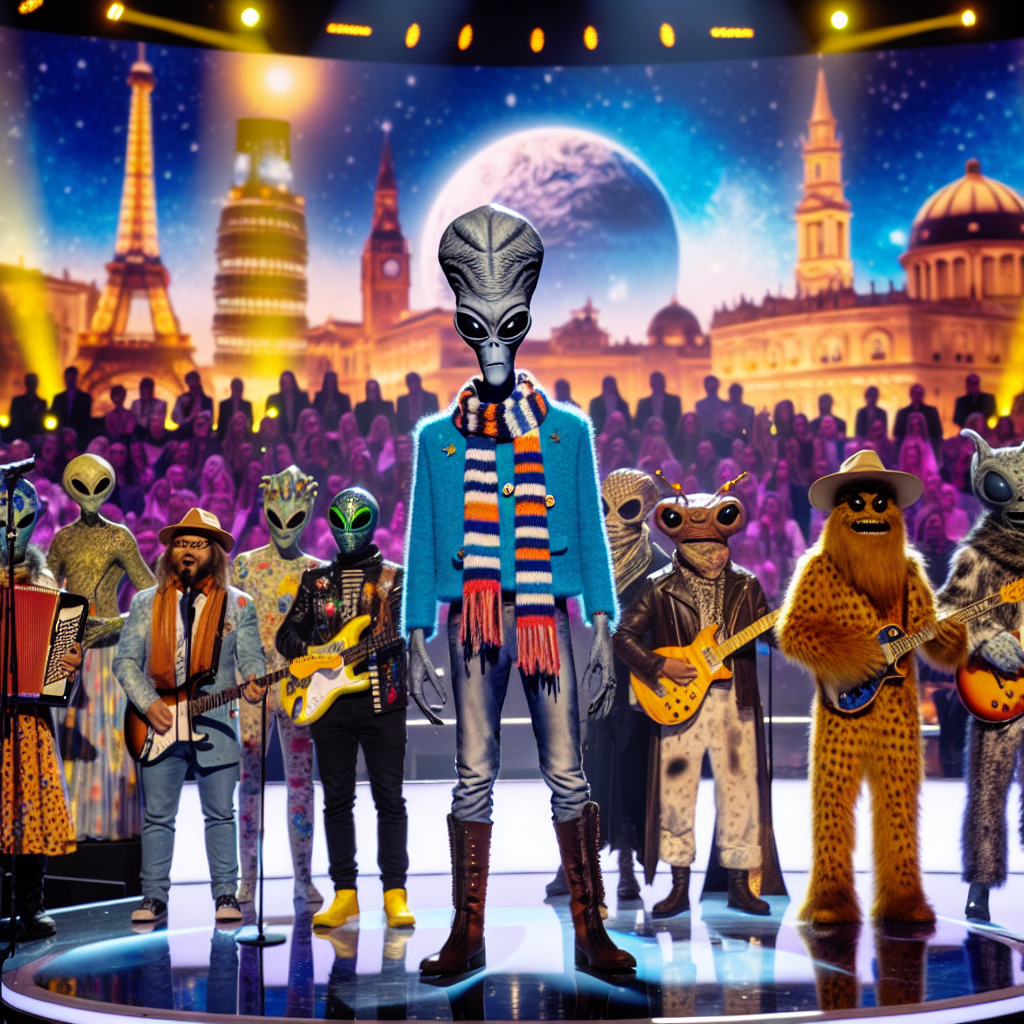

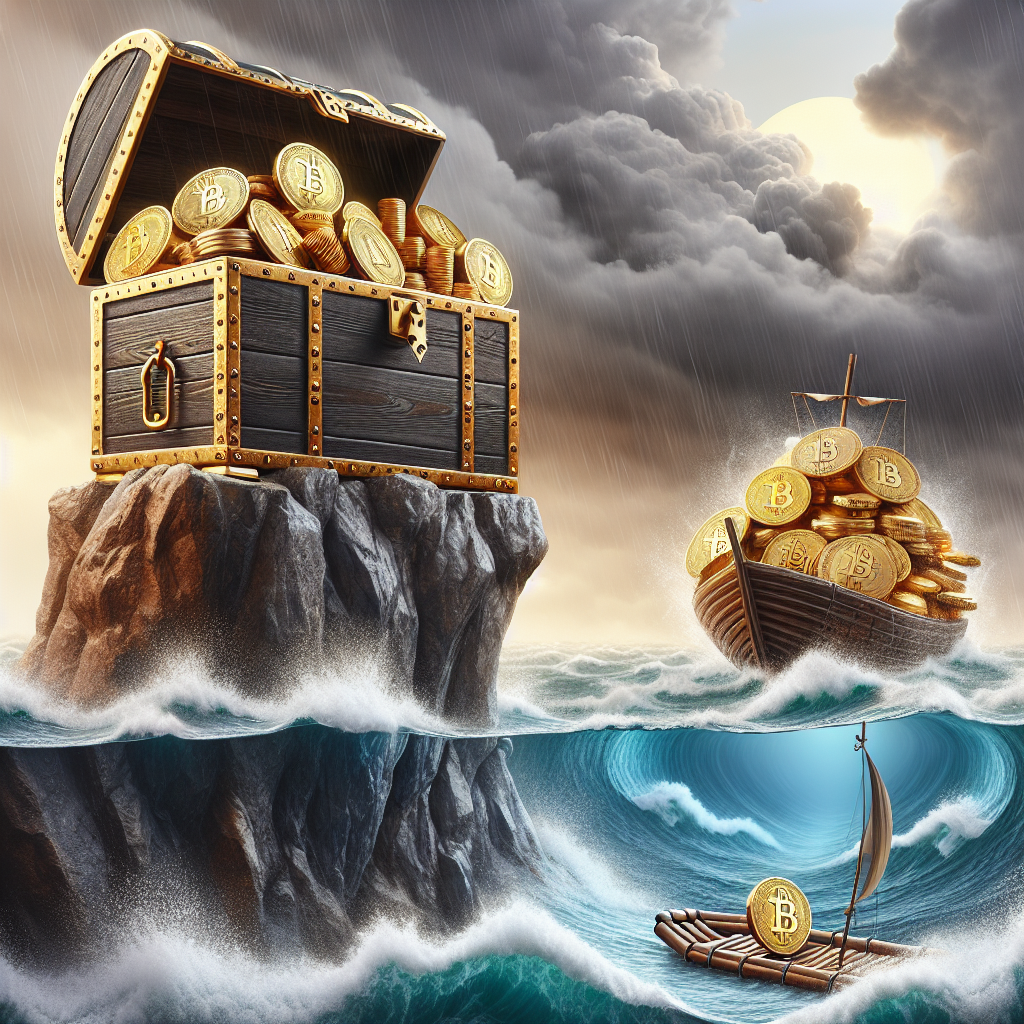
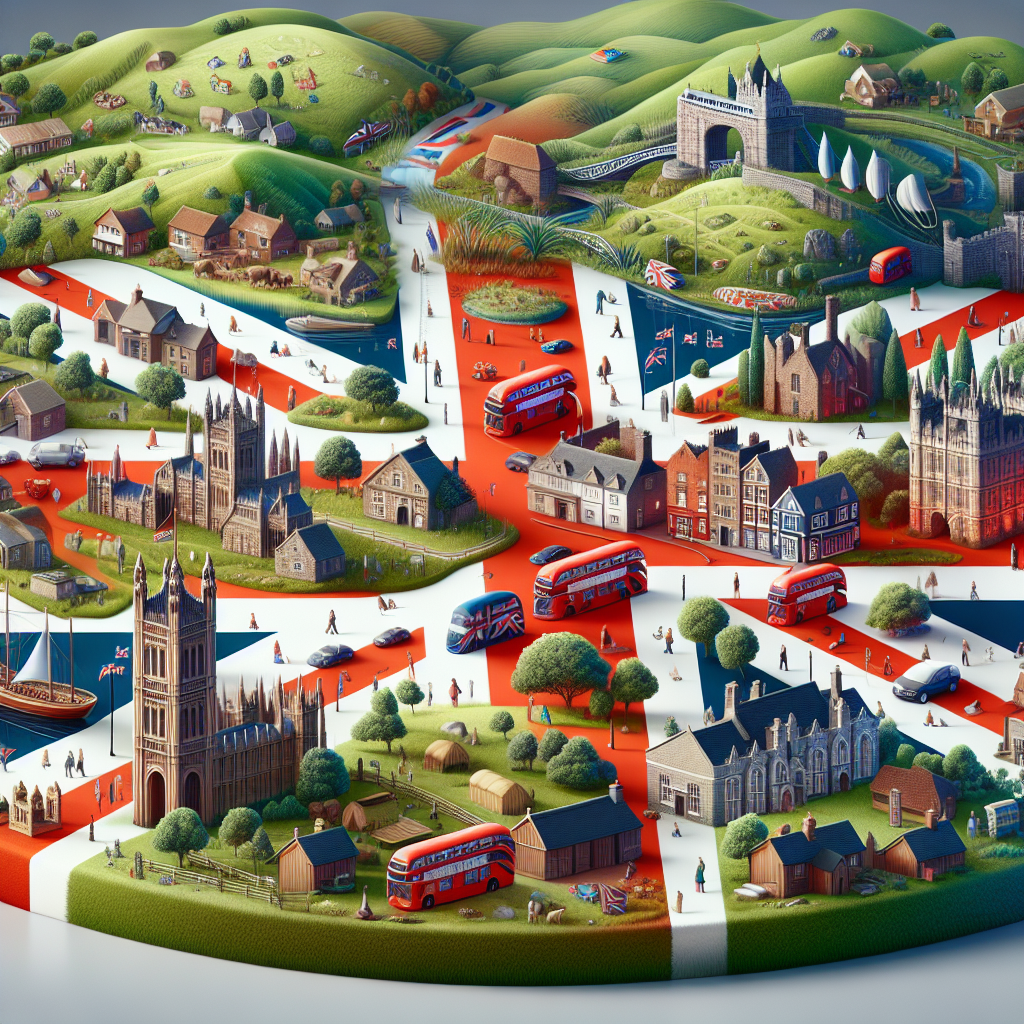
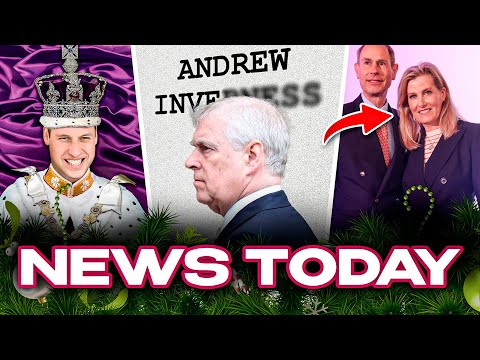
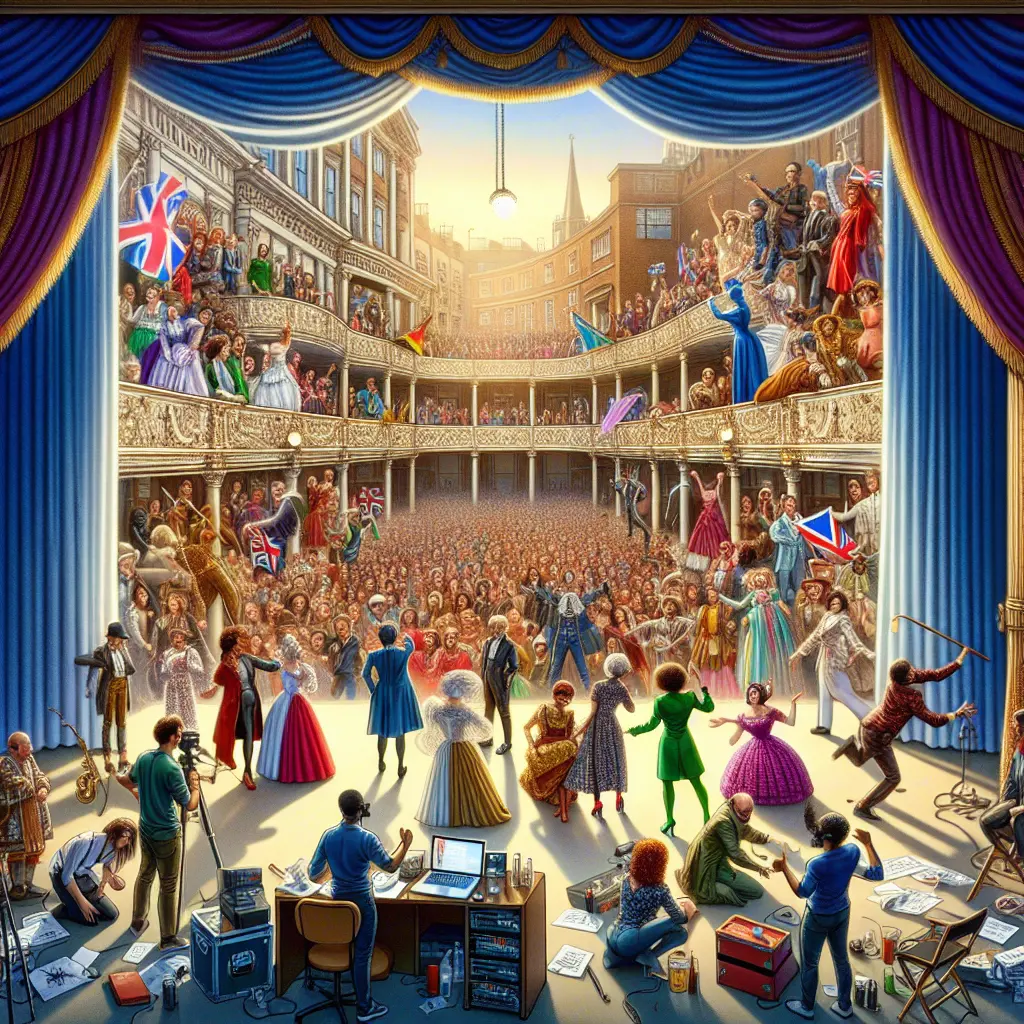
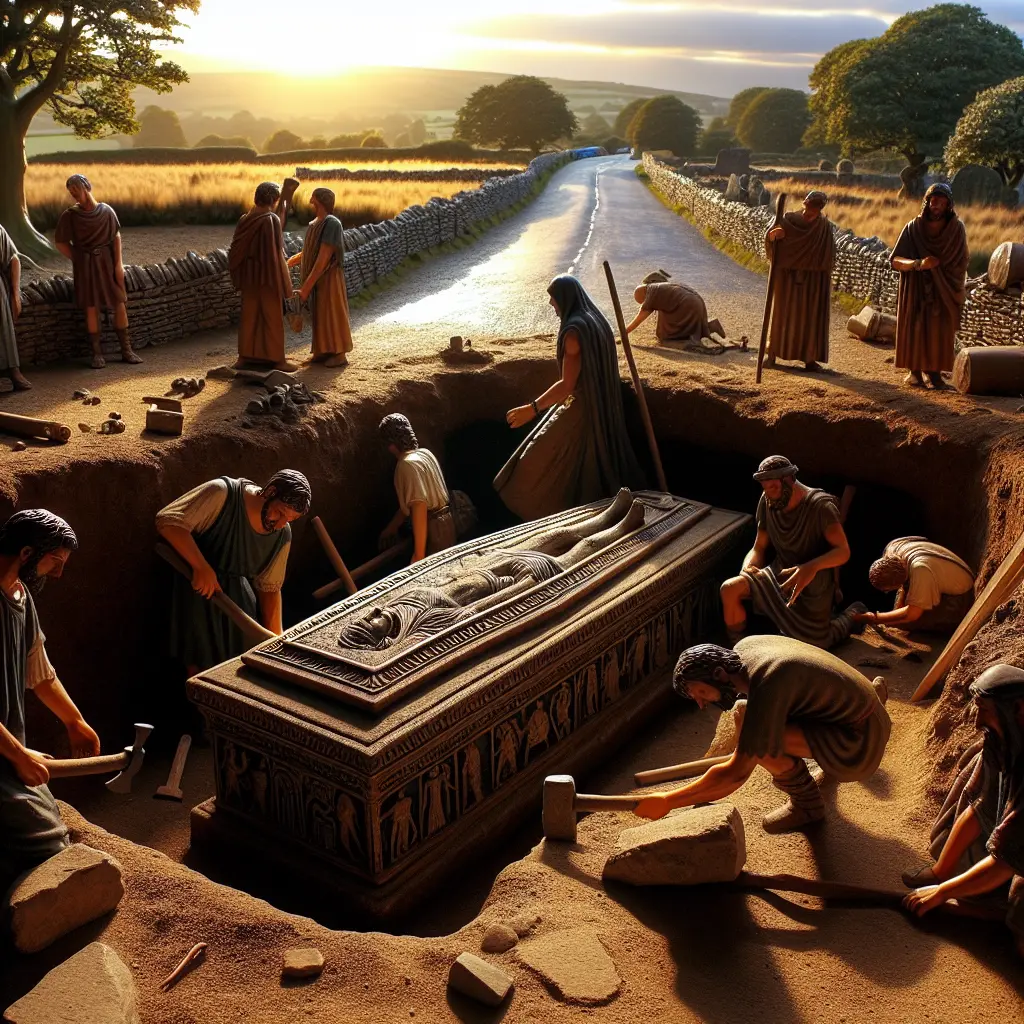
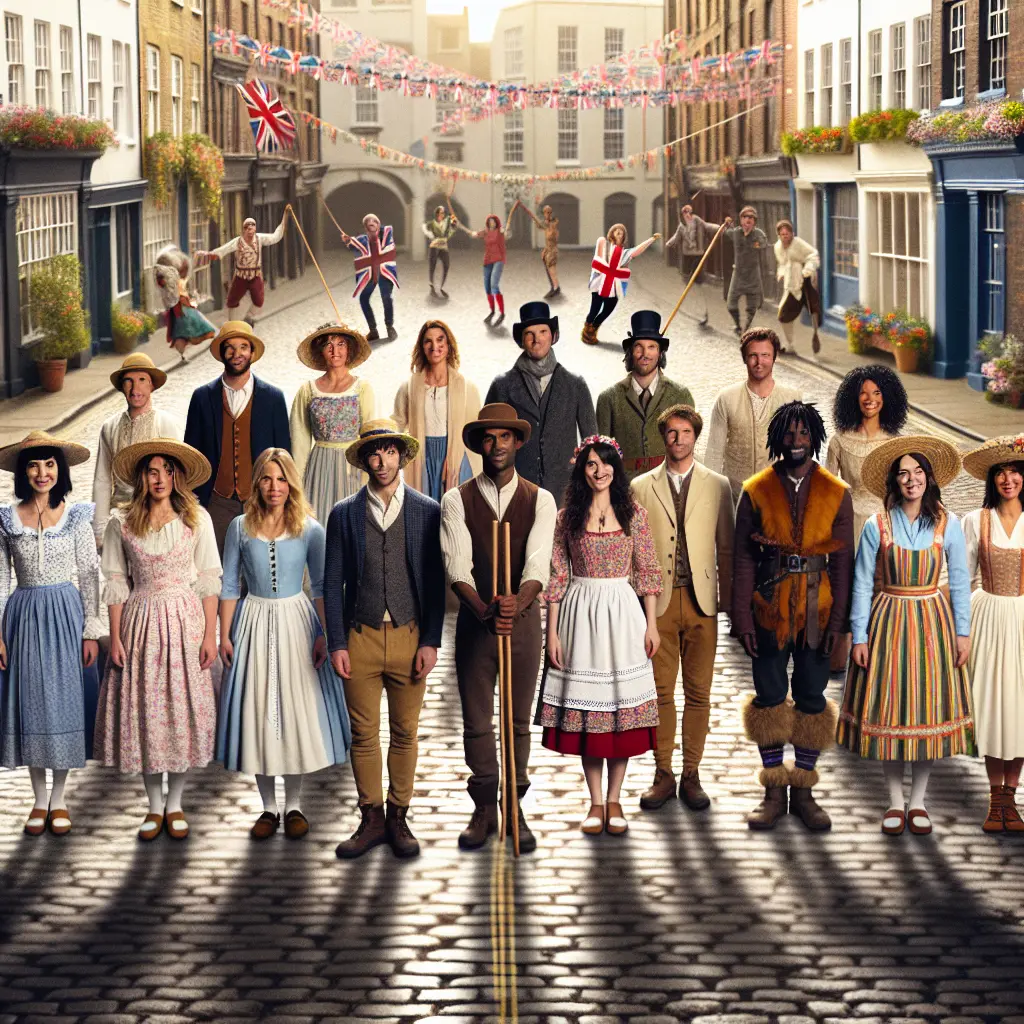
Leave a Comment